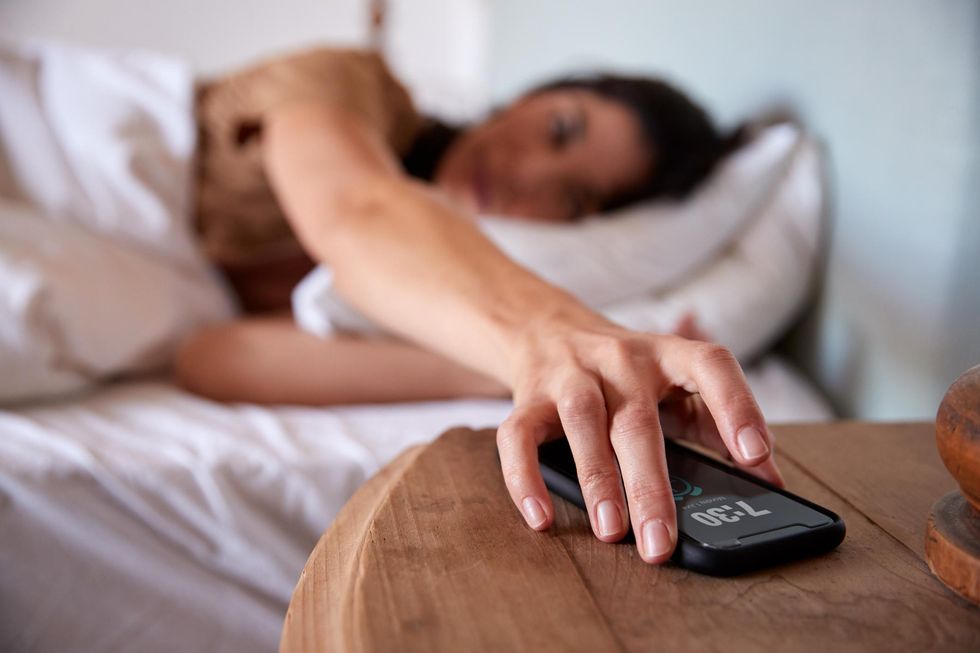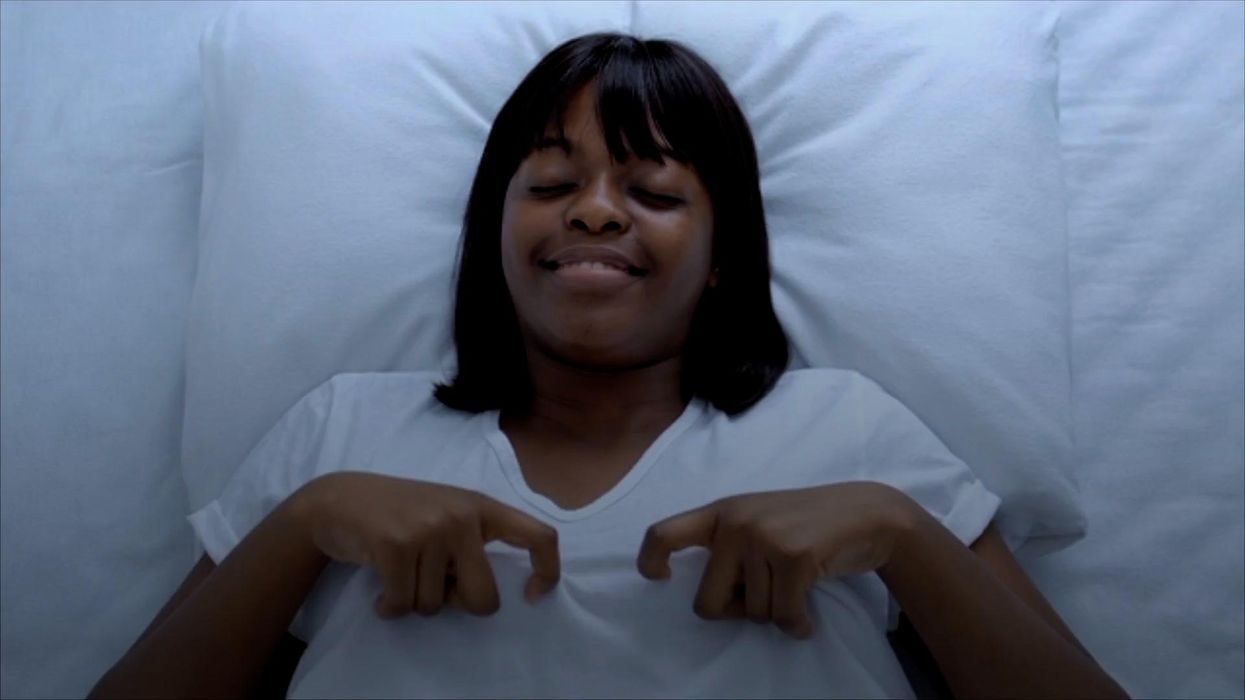Sinead Butler
Nov 08, 2022
Good sleep can 'increase women's work ambitions'
Cover Media
When your alarm rings in the morning, perhaps your instant reaction is to hit the snooze button – well, it turns out you’re not alone.
According to a new study from the University of Notre Dame in Indiana, 57 per cent of adults are habitual snoozers so it takes a number of alarms to finally wake up and get out of bed.
Scientists have warned against snoozing with the argument it disturbs our sleep cycles as turning off the alarm and returning to slumber causes our body to think we’re in the next sleep cycle which gets interfered with when we actually wake up.
Sign up to our free Indy100 weekly newsletter
Despite this theory, there actually is not a lot of data on the effects of snoozing.
"Most of what we know about snoozing is taken from data on sleep, stress or related behaviors," said Stephen Mattingly, lead author of the study and postdoctoral researcher at Notre Dame, and completed the study with Aaron Striegel, professor of computer science and engineering at Notre Dame.
"Alarm clocks, smartphones, they all have snooze buttons. The medical establishment is generally against the use of snoozing, but when we went to look at what hard data existed, there was none.
“We now have the data to prove just how common it is -- and there is still so much that we do not know."
The study looked at 450 adults who worked full-time and filled out the daily surveys and a questionnaire about their sleep.
Wearable devices were also used to measure the sleep duration and heart rate of the participants.

The findings published in the journal SLEEP show females were 50 per cent more likely to snooze than males and those snoozers who tracked fewer steps than other respondents appeared to have more disturbances in their sleeping patterns.
Meanwhile, the study also considered the preferences of when participants like to sleep and wake up and found that night owls snoozed more often and were more tired overall.
However, this doesn't necessarily mean there are causal connections to staying up late and being less active that make it more likely to snooze.
"Critically, these statistics are only representative of a small population that is likely to be in the best position with respect to sleep habits," Mattingly noted.
"We have no idea about various age groups such as teenagers, lower-income households or any of the populations that are historically more sleep deprived than the respondents of this study."
"I cannot get out of bed on my first alarm" and "because it is comfortable in my bed," were the top reasons for hitting snooze.
While those reasons are relatable, researchers highlighted that exhaustion may be the reason for ignoring our alarms as the Centers for Disease Control estimates 1 in 3 Americans do not get enough sleep.
"So many people are snoozing because so many people are chronically tired," Mattingly said. "If only 1 in 3 people are sleeping adequately, that means a lot of us are turning to other means to manage fatigue."
While researchers acknowledged that "the recommendation against an alarm is well-founded" they did point out some benefits to snoozing.
"If you snooze and you're more alert when you get behind the wheel to go to work, that might be a benefit and a useful one," he said. "If it reduces dependence on caffeine, that's another. It's not uniformly bad -- similar to stress."
"Some stress is good -- that's why we have the fight or flight response. There are times and places for it. There may be cases when hitting the snooze button is actually beneficial."
Mattingly and Striegel say the negative effects of snoozing need to be researched more and advised people to listen to what their body needs when it comes to getting enough sleep.
Have your say in our news democracy. Click the upvote icon at the top of the page to help raise this article through the indy100 rankings.
Top 100
The Conversation (0)














